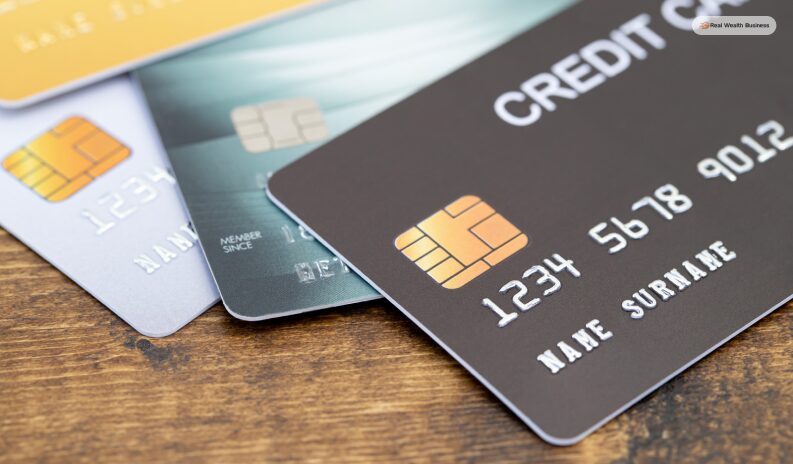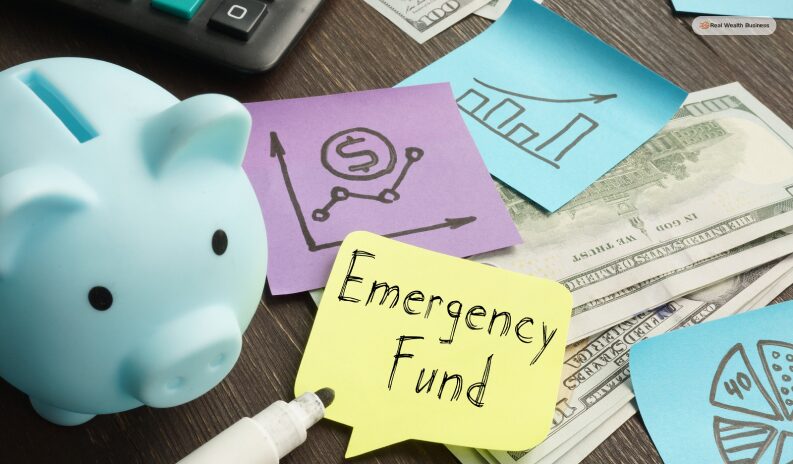10 Money Questions You’re Too Embarrassed to Ask
by Abdul Aziz Mondal Legal Published on: 05 February 2021 Last Updated on: 08 November 2024

We get it. Some money topics are taboo, and others might seem complicated. But if you’re afraid you may have missed the window where you could ask your questions without sounding juvenile, you’re in luck.
The truth is, you’re not alone. Plenty of people are too embarrassed or intimidated to ask common money questions IRL. So, grab that cup of tea or glass of wine, sit back, and learn a little something. (We won’t tell anyone.)
Money Questions You Might Be Too Ashamed To Ask:

Money questions can be a sore topic for many people. There are so many questions that we all need to ask, but somehow, we tend to veer away from these questions in the expectation that asking them makes us a fool.
Well, now is not the time to have these thoughts lingering in your mind. Because we have brought to you some of the biggest financial questions that we all hesitate to ask.
With that note, here are 10 finance questions that you may be too uncomfortable to ask (or even Google):
1. What’s a Credit Score?

Your credit score is a three-digit number that signifies your credit risk to lenders. One of the most well-known scores is the FICO score, which ranges from 300 to 850. Here’s the basic breakdown:
- 800 to 850: Excellent
- 740 to 799: Very good
- 670-739: Good
- 580-669: Fair
- 300-579: Very poor
If you’re wondering about the difference between a FICO score vs. credit score, the answer is that although they’re often used interchangeably, a FICO score is just one type of credit score.
2. How Do I Find Out What My Credit Score Is?

You’re entitled to free annual copies of your credit report from each of the three major credit bureaus (Experian, Equifax, and TransUnion).
You can order them online at annualcreditreport.com. Note that this is the only authorized site for free reports.
3. How Many Credit Cards Do I Need?

There isn’t a magic number of credit cards that you need. What’s more important is how you use them.
Your payment history makes up 35% of your FICO score, while 30% is credit utilization, meaning how much of your available credit you use each month (less is better).
Having good credit habits is more important than having a lot of credit cards.
4. What Exactly Is an Interest Rate?

Simply put, it’s the cost of borrowing money. Your interest rate is a per cent of the principal that a lender charges you for a loan.
For example, if you borrow $5,000 at an interest rate of 4% for 5 years, you’ll pay a total amount of $1,000 in interest (4% of $5,000 is $200, multiplied by 5 years).
5. Wait, Then, What’s APR?

APR stands for ‘annual percentage rate.’ It’s the interest rate you owe plus any fees that you’ll have to pay to take out the loan.
Banks typically use APR when describing credit cards or loans. Note that because APR doesn’t include compounding effects, the costs of borrowing might be higher than they initially appear.
6. Do I Actually Need to Pay My Credit Card Balance Each Month?

While you technically don’t need to pay your credit card balance in full each month, carrying a balance will result in you having to pay interest. By paying off your credit card balance, you’ll avoid having to pay interest and save money.
7. What happens if I go over my credit card limit?

While exceeding your credit limit might provide you with some extra funds, you’ll likely face over-limit fees from your credit card issuer and hurt your credit score.
Since your credit utilization ratio accounts for a good chunk of your credit score, going over your credit limit would far exceed the recommended ratio of 30% or less. In other words, yikes.
8. Do I Need a Budget? How Do I Make One?

Having a budget can help you save and avoid wasting money on discretionary expenses. Here are 4 steps to create a budget:
- Estimate income: Write down the amount of (post-tax) money you have coming in each month.
- Make a complete list of your monthly expenses: Write down all of your monthly expenses. Include both fixed expenses (that stay the same every month, such as rent, internet, and your Netflix subscription) and variable expenses (that change each month, such as groceries, travel, and utilities).
- Compare your income to expenses: Take an honest look at how your income compares to your expenses. If you’re making more than you spend, congrats! You can use the excess money to put towards an emergency or retirement fund.
- Make tweaks as needed: If you’re spending more than you make, you should probably whittle down your expenses to just the necessities. (Pause those subscription services if you need to.)
9. What’s an Emergency Fund?

An emergency fund is a pool of money that you set aside as a financial safety net against the unexpected, such as medical bills. You should try to save up around 3 to 6 months of living expenses for your fund, though a year is ideal.
10. What’s a 401(k)?

A 401(k) is an employer-sponsored retirement account. If your employer offers it, you can put a certain percentage of your pre-tax salary into an account that invests funds in a variety of financial tools, such as stocks and bonds.
While plans differ from company to company, your employer might match your monthly contributions up to a certain amount. So, let’s say you make $60,000/year, and your employer offers a 401(k) match of 100% up to the first 5% you contribute.
If you contribute 5% of your earnings ($3,000), your employer will contribute the same amount, bringing your total amount to $6,000 per year.
The Final Thought
In summation, money questions are like your toxic relatives. You do not want to engage with them as they make you feel small. However, you need to check up on them from time to time.
Otherwise, you might end up losing out on money. As a result, it is of seminal importance to never stop asking these ‘embarrassing’ questions for your own good.
Additional Reading:



































































































